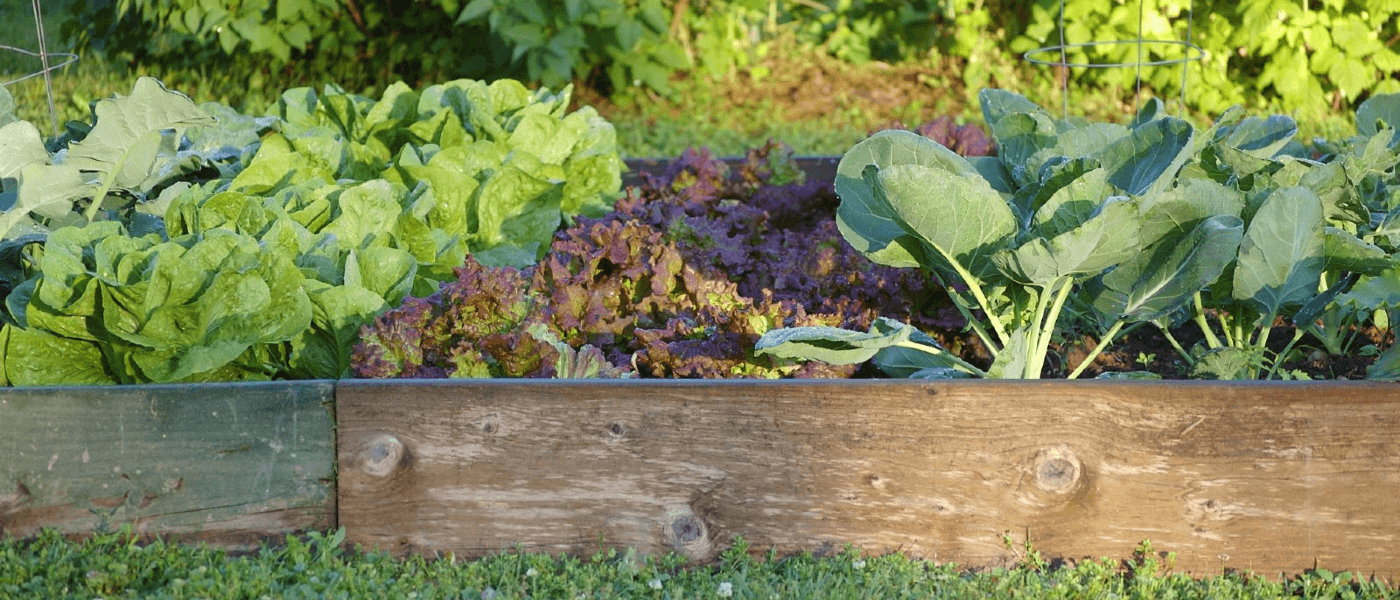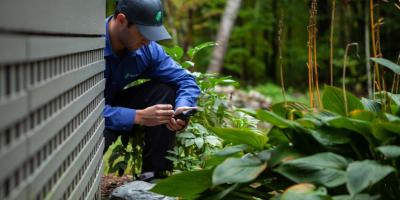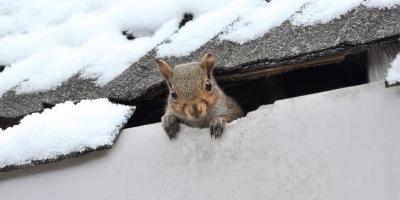Keeping Pests Out of Your Veggie Garden

Garden season is at its peak and amateur gardeners throughout New England are enjoying fresh fruits and veggies grown in their own backyard. But only if they’ve prepared for the one potential problem most likely to devastate a garden, no matter how green your thumb -- pests.
Certain plants attract certain bugs (and some repel them -- keep reading to find out which ones) and, of course, animals of all sorts are attracted to food. Basically, your vegetable garden is always going to attract unwanted pests, so you’d better have a pest management plan in place before planting even the first seed.
First, plan on including some plants that repel insects naturally. That basically means having at least one section of your garden dedicated to herbs. Here’s a list of the most popular insect-repelling plants for your garden:
- Basil: Repels flies and mosquitoes.
- Lavender: Moths, fleas and mosquitoes hate it.
- Lemongrass: Like citronella, a mosquito repellent.
- Lemon thyme: Same as lemongrass.
- Mint: Mosquitoes aren’t into mojitos -- at least not the mint part.
- Rosemary: Repels mosquitoes and other insects.
- Sage: General-purpose bug repellent.
- Catnip: Your cat will love it, but insects can’t stand it.
Keeping pests away isn’t just about what you plant, but it’s also about how you go about planting your garden in general. Your plants need room to breathe (aka air circulation), so as tempting as it may be to cram as many into your garden space as possible, remember that your plants are going to grow exponentially and what you’ll be taking down come fall will be much, much bigger than what you’re planting.
Giving your plants adequate room to breathe is important because insects like tightly-packed vegetation. It provides cover from the elements and gives them a place to reproduce and thrive -- then eat their way out.
You’ll also want to regulate how much you water your plants. Go ahead and give them a deep watering once or twice a week, but otherwise water lightly in the morning so the moisture has plenty of time to dissipate and doesn’t create standing puddles. Insects use standing water to breed, which is the last thing you want them doing in your garden.
Some animals -- even some insects -- are actually beneficial to your garden, so you may want to leave any of the following you see alone (or even make your garden more welcoming to them):
- Spiders: They eat other insects.
- Ladybugs: They feed on aphids and thrips, which destroy gardens.
- Praying Mantis: Possibly the best insect-killer your garden could have.
- Toads: They eat slugs and other bugs.
- Hoverflies: They munch away on aphids.
- Parasitoid Wasps: These sound scarier than they are. They actually keep bad bugs away.
- Garter snakes: They eat crickets, grasshoppers and other insects.
Of course, the most enjoyable way to prevent pests in your garden is to stay on top of your harvest. You don’t want to let fruits or veggies rot, not just because it will attract all sorts of vermin, but because you put a lot of work into your vegetable garden and you’ll want to enjoy the fruits of your labors (no pun intended) all season long.
For pest problems inside your home, our Home Quarterly Program has you covered from over 50 of the most common household pests. Request a free quote today.



